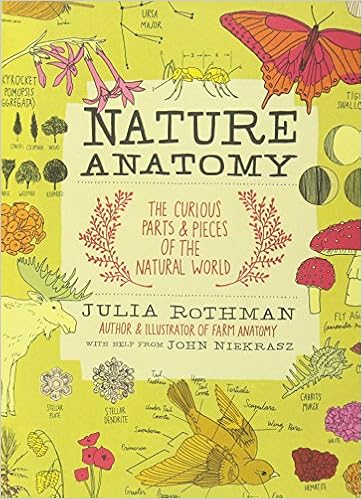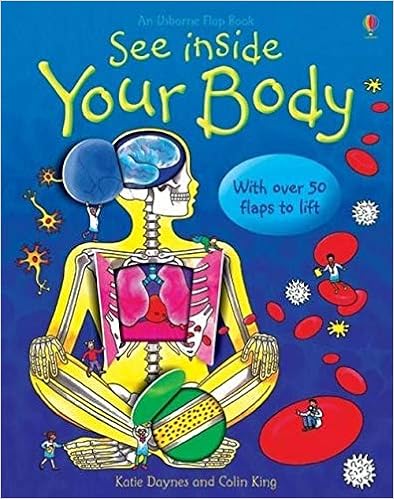Our (Practically Free) Grade 1 Science Curriculum
Over the next few weeks I will be sharing how I am planning our practically free grade one curriculum. Today I’m on to our science curriculum.
You can check out the rest of the series here:
- Our (Practically Free) Grade 1 Math Curriculum
- Our Free Grade 1 Spanish Curriculum
- Our (Practically Free) Grade 1 Music Curriculum
- Our (Practically Free) Grade 1 Art Curriculum
- Our (Practically Free) Grade 1 Language Arts Curriculum
- Our (Practically Free) Grade 1 History Curriculum
- Also, Our (Practically Free) Preschool Curriculum
- And An Overview of Our Whole Year
If you are looking for ways to save money in your homeschool without skimping on education make sure to come back and check out the other posts in the next few weeks!

OUR GRADE ONE
SCIENCE CURRICULUM:
We are getting the bones of our science from The Well-Trained Mind this year. Personally I enjoy how Susan Wise Bauer has broken up science into the 4 major categories and then repeats them from grade 1-12.
Life Science/Biology are studied in grade 1, grade 5 and grade 9; Earth Science and Astronomy are studied in grade 2, 6 and 10, Chemistry in grade 3, 7 and 11 and then Physics in grade 4, 8 and 12, I think it’s a great way to cover the different topics and build upon what they have already learned.
The only expenses we have had for our science are the books we have bought (most of which I’ve collected over the years), and then a notebook, pencils and pencil crayons that we had on hand anyway!
For grade one our life science will follow the guide in The Well-Trained Mind:
- Animals (20 weeks)
- Human Body (10 weeks)
- Plants (6 weeks is the recommended but we will carry this through all summer while we observe our garden)
ANIMALS
Each week we will choose a different animal to study, we will be using our base texts (listed below) to get most of our information and will supplement with library books when we find some good ones at our local library.
In addition to reading about the animals Raeca will create a page in her notebook for each animal which will include a picture she has drawn as well as some information about the animal. At the beginning of the year I am only expecting a sentence or two about the animal but by the end of the year I’m hoping for more.
This form of notebooking will be the continued throughout our science and many other subjects as well.

HUMAN BODY
We will be using the Usborne See Inside Your Body flap book while we study about the body. We love this book and it covers 7 different sections so we will take the 10 weeks to cover the 7 topics:
- Eating and Excreting
- Breathing Air
- Pumping Blood
- Bones and Muscles
- Brain Power
- The Senses
- Drinking and Weeing (I’m not sure if the British are trying to be polite by using the word “weeing”? Personally, I think it’s just an awkward word.)
As we study a section we will also take some time to draw and write about it in our notebook.
PLANTS
We will be covering plants in the spring and into the summer as we plant and tend to our garden. It will be a lot of hands on experience and a number of nature experiments. We will be notebooking our experiments as well as listing the plants that we put in our garden and tracking their growth.
And that’s an overview of our year in science!
Do you have any resources you would recommend?
OUR SCIENCE “TEXTBOOKS
Also, here is a great list of books for nature study.

Nature Anatomy
See the world in a whole new way! Acclaimed illustrator Julia Rothman combines art and science in this exciting and educational guide to the structure, function, and personality of the natural world. Explore the anatomy of a jellyfish, the inside of a volcano, monarch butterfly migration, how sunsets work, and much more. Rothman’s whimsical illustrations are paired with interactive activities that encourage curiosity and inspire you to look more closely at the world all around you.
Firefly Encyclopedia of Animals
More than 1,000 commissioned full-color watercolors, photographs and distribution maps describe the animal world for readers of all ages. From the smallest mouse to the largest whale, this book offers a detailed and thorough guide to a wide array of mammals, birds, reptiles, amphibians and fish, as well as insects, spiders and other invertebrates.

See Inside Your Body
Fabulous flap book that reveals the inner workings of the human body. Bright, original colour illustrations and diagrams display all the major organs of the human body and are accompanied by witty, clear and informative text. Contains over fifty embedded flaps that children can lift to reveal extra detail.
Check out the rest of our book lists!
Linking up with the Homeschool Nook









